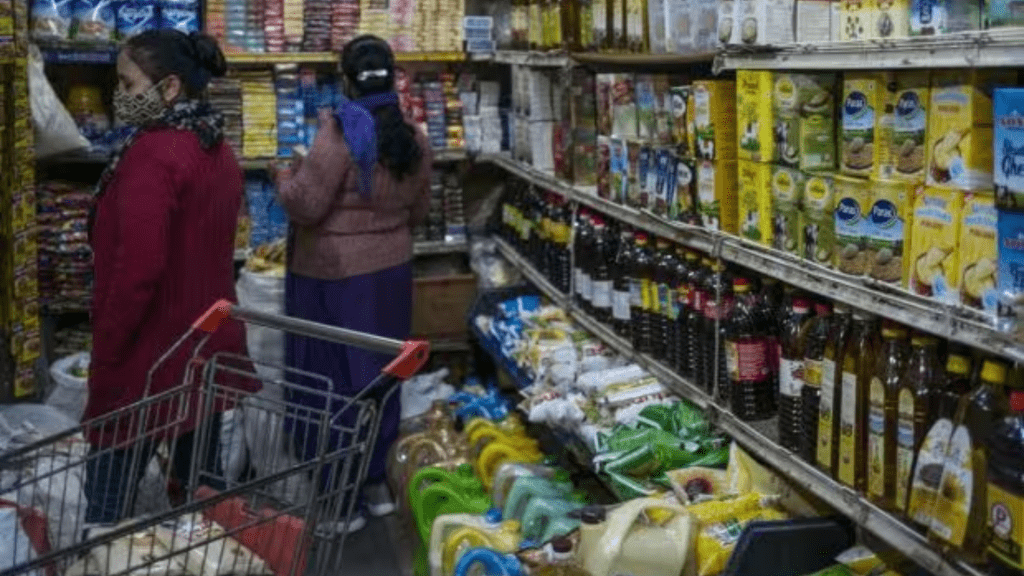Branded edible oils, rice, and wheat flour have witnessed a surge in sales of up to 15% in small towns since April, as reported by industry officials. This increase is attributed to the fall in commodity prices and the profitable yields for farmers’ rabi crop.
Gemini Edibles & Fats India, Adani Wilmar, and GRM Overseas, marketers of kitchen staples, have confirmed a shift towards branded products from unbranded ones in tier-2 and tier-3 markets. This shift is due to the reduction in prices of branded products.
In the past, consumers in small towns generally opted for loose products due to their lower prices.
“Prices of branded oils are almost on par with loose oils, which has prompted buyers in smaller towns and upcountry consumers to shift to the branded category,” said Pradeep Chowdhry, Managing Director of Gemini Edibles & Fats that sells edible oils under the brand name Freedom.
According to him, consumers from tier-2 and tier-3 markets are showing a preference for premium brands instead of local ones, as the disparity in prices between imported sunflower and soybean oils and domestic oils has greatly diminished.
“Since April, there has been a 10%-15% rise in sales of branded oils in these markets,” Chowdhry said.
Experts in the industry suggest that the prices of edible oil could see a further decrease as international prices continue to trend downward. This could potentially lead to an increase in the consumption of branded oil products.
“With the edible oil prices beginning to show a downward trend and are set to witness further reduction…the Indian consumers can expect to pay less for their edible oils,” the food and public distribution ministry had said in a statement last week.
Angshu Mallick, the Managing Director of Adani Wilmar, has reported an 8% to 10% shift towards branded oil in tier-2 and tier-3 markets due to a decrease in prices of these products.
“In the case of wheat flour or atta, we have seen a 12% shift to branded products from April in smaller towns and villages,” he said.
Between January and March, there was a surge in wheat prices, leading consumers in tier-2 and tier-3 markets to switch to purchasing loose wheat flour.
“But as the prices cooled off from the end of March, we saw a shift to branded atta,” Mallick said.
Atul Garg, the Managing Director of GRM Overseas, has reported that the company has experienced a 15% transition from unbranded to branded categories for basmati rice and atta in tier-2 and tier-3 markets.
“The farmers have got good money for their crops, which is driving them to shift from unbranded to branded staples,” he said.
He further mentioned that there are indications of a revival in rural demand.
“We cater to the 5-lakh plus towns like Meerut from where our products go to sub-towns like Alwar. We are seeing that farmers from Haryana, Uttar Pradesh and Punjab, where we majorly operate, are attracted towards branded products. Also, post-Covid, health and hygiene have become a big issue and therefore, they are shifting to branded products.”
According to industry experts, the Indian market for bagged wheat flour is experiencing favorable conditions for expansion due to a combination of positive micro and macroeconomic factors. This trend is projected to persist, particularly as key market players extend their presence into rural markets across the country.
